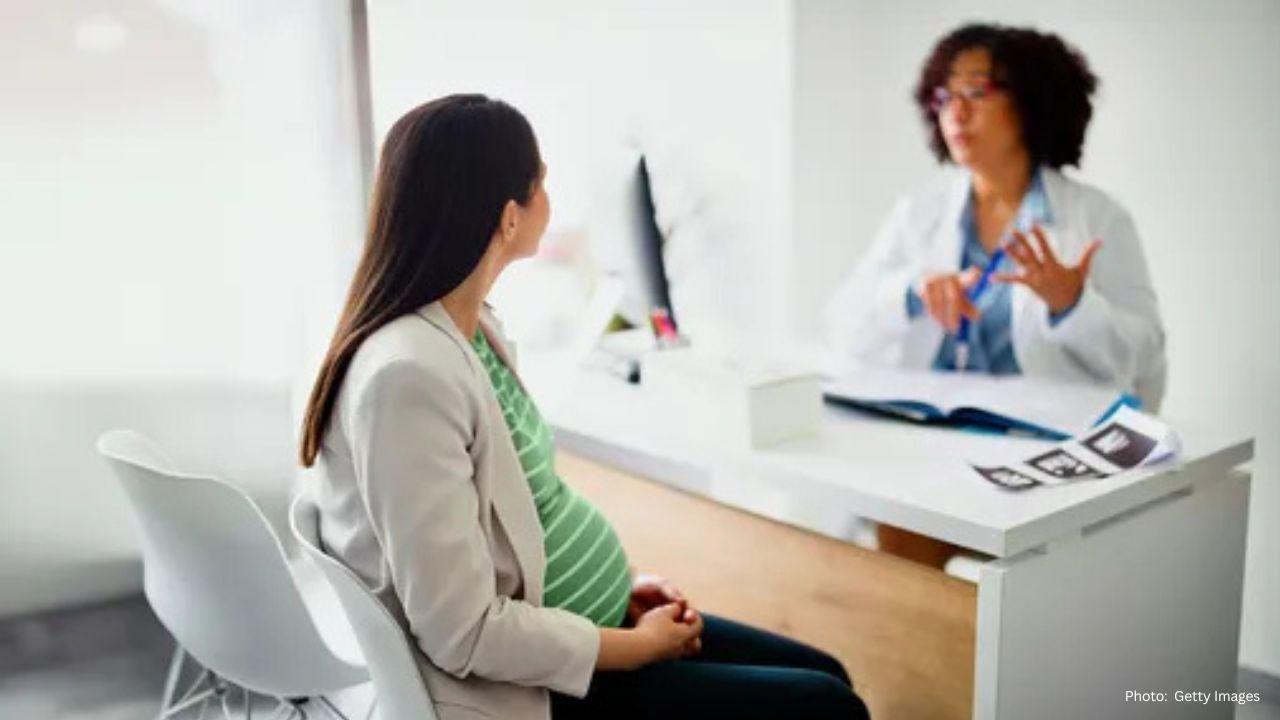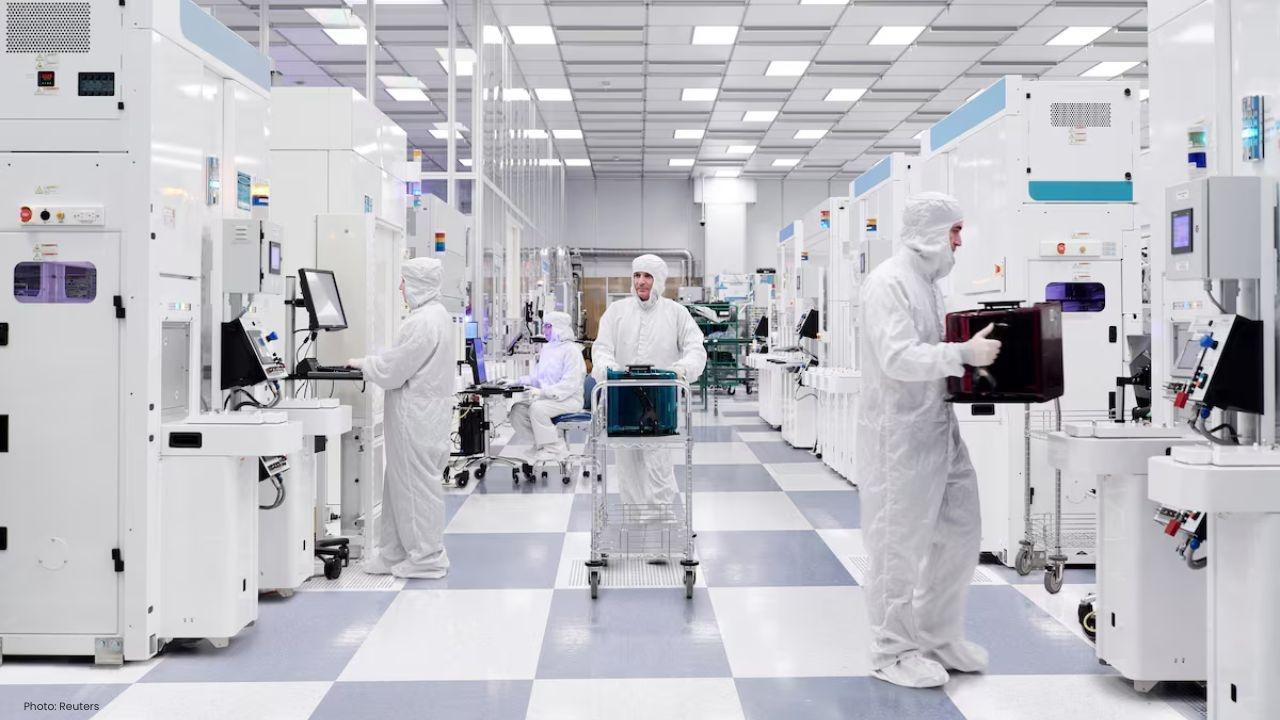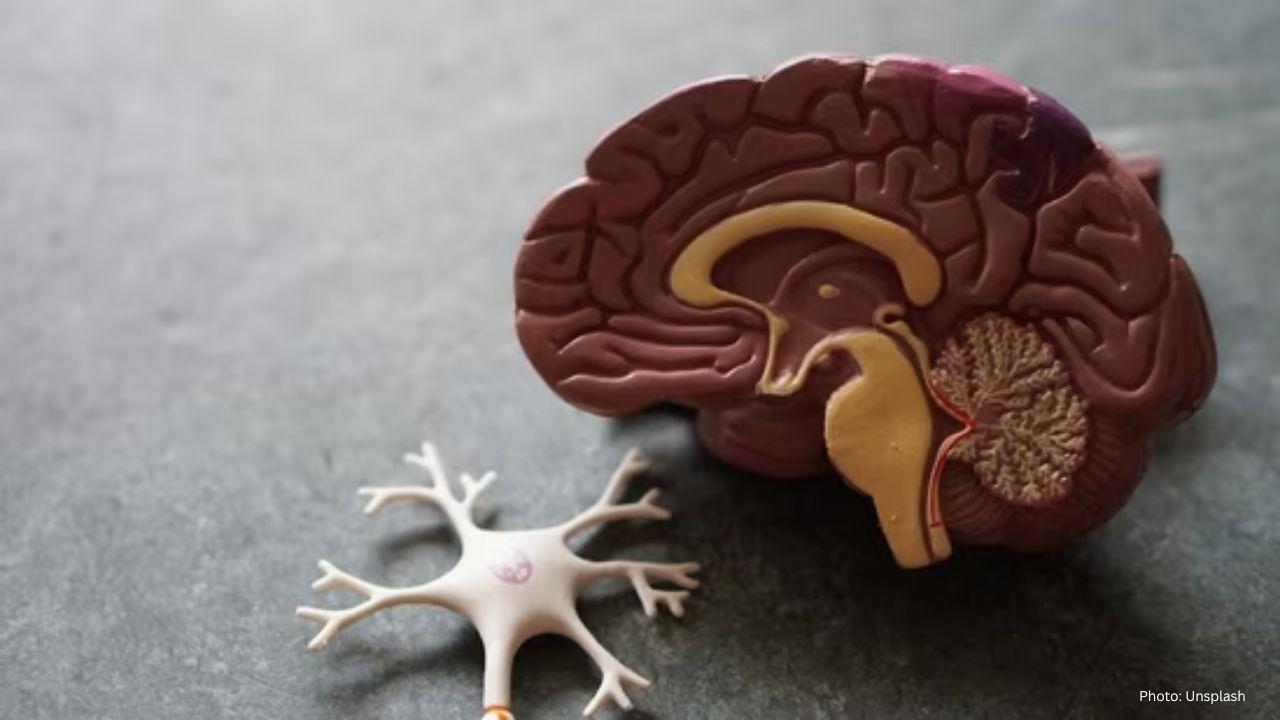
Post by : Saif Nasser
Gallbladder stones, or gallstones, are solid formations that arise in the gallbladder and can lead to significant discomfort. They are particularly prevalent among pregnant and new mothers, largely due to hormonal shifts and physiological changes that occur during this time. Recognizing the reasons for their formation and effective prevention techniques is essential for the health of mothers.
Reasons Behind Gallbladder Stone Formation
Pregnancy leads to an increased production of estrogen and progesterone, hormones that can thicken bile and increase the likelihood of stone formation. Furthermore, progesterone relaxes various muscles in the body, including those of the gallbladder, causing bile to empty more slowly—a factor contributing to gallstone risk.
Additional risk factors are:
Weight gain throughout pregnancy
Diet high in fats or inconsistent eating patterns
Family history of gallstones
Age over 30 years
Gallstone development can persist post-delivery due to maintained hormone levels in the weeks following childbirth.
Identifying Symptoms of Gallbladder Stones
Not all gallstones present symptoms, but when they do, pregnant women may notice:
Pain in the upper right side of the abdomen, typically after eating
Nausea and potential vomiting
Bloating or gastrointestinal discomfort
Fever or chills if an infection develops
These symptoms can easily be misinterpreted as common pregnancy ailments. It is crucial to seek medical advice if discomfort is severe or long-lasting.
Preventive Measures for Gallstones
To mitigate the risk of developing gallstones, women can adopt these beneficial habits:
Consume smaller, more frequent meals to encourage gallbladder function.
Incorporate fiber-rich foods: fruits, vegetables, and whole grains support digestive health.
Limit intake of high-fat and fried foods, which heighten the risk of stones.
Engage in light physical activity, such as walking, to facilitate proper digestion.
Monitor weight gain to ensure it stays within healthy limits during pregnancy.
Management and Treatment Options
If gallstones lead to intense pain or complications, medical professionals may recommend medication or, in rare cases, surgery. Generally, milder conditions can be managed through dietary modifications and careful observation.
Gallbladder stones are a common concern for women during pregnancy and the postpartum phase, primarily due to hormonal fluctuations and slowed bile movement. By maintaining a balanced diet, staying active, and being vigilant about symptoms, women can significantly lower their risk. Proactive health measures are vital for ensuring the safety and well-being of both mother and baby.










Sean Abbott Misses Opener of Ashes Test Due to Injury
Australia's Sean Abbott will not play in the first Ashes Test due to a hamstring injury, while Josh

Reece James Cautions England on Intense US Heat for World Cup
Reece James has alerted his England teammates about the extreme heat expected during the 2026 World

Kohli and Rohit Encouraged to Compete in Domestic Matches for Fitness
Virat Kohli and Rohit Sharma are urged to take part in domestic tournaments like the Vijay Hazare Tr

Ollie Pope Poised for No.3 Spot in England's Ashes Preparations
England is set to field Ollie Pope at No.3 in a warm-up match versus the Lions as they gear up for t

4th AFC Grassroots Football Conference Kicks Off in Asia
The AFC's 4th Grassroots Football Conference started, focusing on development, inclusivity, and nurt

Uganda Triumphs Over France, Secures Spot in U-17 World Cup Round of 32
Uganda's 1-0 victory over France in the U-17 World Cup secures their place in the Round of 32 alongs